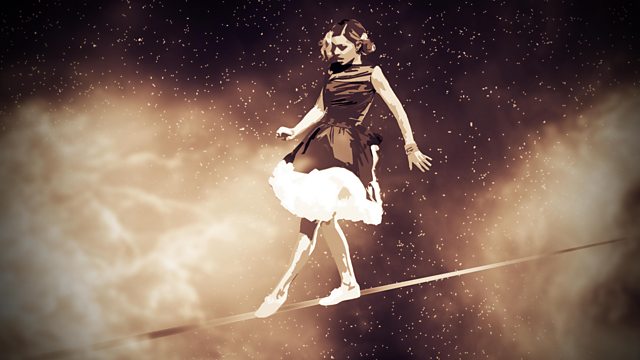Dreaming
What happens when sleep goes wrong and dreams become terrifying nightmares? Dr Guy Leschziner explores sleep paralysis and hallucinations and asks what is the purpose of dreaming.
Imagine waking up and finding you're paralysed. Unable to move. Dark, shadowy figures enter your room, demonic images press against your face. You open your mouth to scream but you can't make a sound. A heavy pressure bears down on you. You feel like you're suffocating. The more you panic, the longer it lasts. Welcome to the terrifying world of sleep paralysis - just one of the sleep disorders experienced by patients of neurologist, Dr Guy Leschziner, from Guy's and St Thomas' hospitals in London.
In this programme, he explores this and other medical conditions that affect normal dreaming and assesses what they tell us about the brain and its control of our sleep.
Dreaming usually occurs in REM sleep (Rapid Eye Movement sleep) when our brains are very active, but our bodies are not. A switch in the brain paralyses almost all our muscles, to stop us hurting ourselves. But sometimes this switch is faulty, causing sleep disorders that can significantly impact daily life.
We meet Evelyn who experiences sleep paralysis and horrific hallucinations. Christian describes his narcolepsy, a rare brain condition that makes him suddenly fall asleep at inappropriate times - including when driving a forklift truck. Adrian recounts his experience of cataplexy, a sleep disorder that can happen during the day and means he suddenly loses control of his muscles. And we hear from John who has REM sleep behaviour disorder (known as RBD) which causes him to act out his dreams, kicking and thrashing in his sleep. Sometimes injuring himself and his wife, Liz. And we learn how RBD may be an early warning of degenerative brain conditions like Parkinson's disease and certain types of dementia.
Presenter: Dr Guy Leschziner
Producer: Sally Abrahams.


